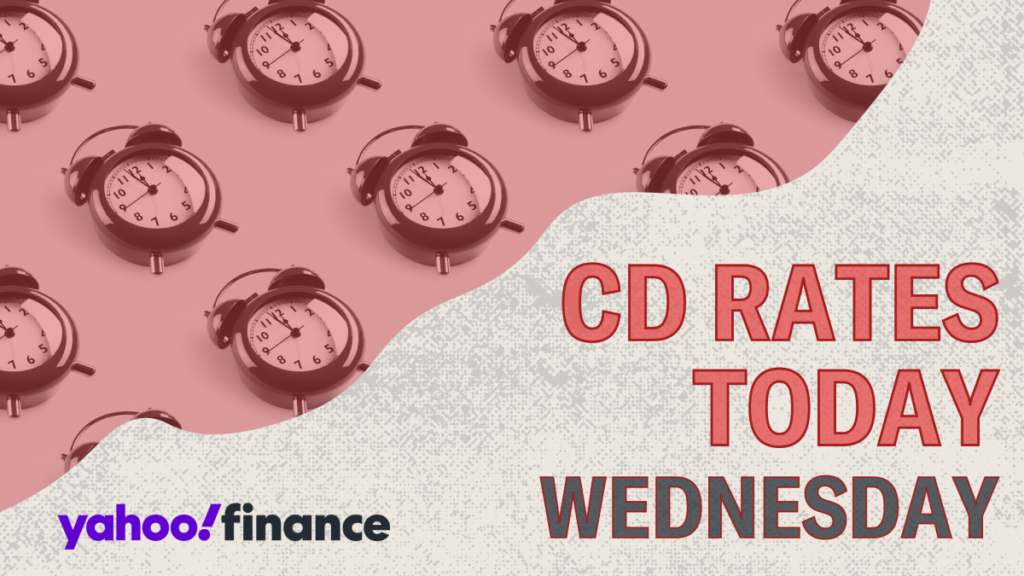This month, the Federal Reserve has made significant adjustments to the federal funds rate, reducing it for the second time in 2024. This shift has resulted in a downward trend for deposit account rates, impacting how savers can earn interest on their funds. However, amidst these changes, there remains an opportunity for individuals to secure competitive returns through certificates of deposit (CDs). By locking in rates now, savers can safeguard their earning potential despite the broader decline in interest rates. It’s important for potential investors to be aware of current CD rates and to identify the best offers available in the market.
Historically speaking, CD rates continue to remain relatively high, particularly for shorter-term investments. Savers can find attractive rates, often reaching 4.00% APY or higher for terms around one year or less. While the yields for longer-term CDs may not match the highs of their shorter counterparts, appealing rates still range between 3% and 4% APY for terms extending to three years or more, making this a favorable environment for securing fixed-rate investments. Presently, Nexbank offers the highest rate for a 1-year CD at 4.52% APY, contingent on a minimum deposit of $25,000. Following closely, Marcus by Goldman Sachs presents a 1-year CD at 4.25% APY with a significantly lower minimum opening deposit of $500, showcasing the competitive landscape for savers exploring CD options.
The connection between CD rates and the federal funds rate highlights how monetary policy directly influences savings products. When the Fed increases its target rate, deposit account rates, including CDs, typically rise, and conversely, they tend to decrease when the Fed cuts rates. In 2024, the Fed maintained a steady target rate of 5.25% – 5.50% for a significant duration, but with the easing of inflation and improvements in economic growth, a series of rate cuts occurred—50 basis points in September and an additional 25 basis points in November. Economists suggest that further rate cuts may occur in 2025, leading many experts to believe that the opportunity to capitalize on current higher CD rates may be dwindling, prompting savers to act decisively.
When considering whether to invest in a CD, several key factors need careful evaluation. Firstly, while earning a competitive interest rate is vital, it is crucial to assess individual financial goals and risk appetites. The appeal of CDs increases when interest rates are high or on a downward trajectory, allowing savers to lock in rates for the entire duration of the investment term. For individuals seeking stable, guaranteed returns while preserving capital, especially in a climate of regulatory protection like the FDIC insurance on CDs, these products offer a low-risk solution. However, for long-term financial goals, such as retirement, a mix of investment strategies may yield higher returns than what CDs can offer.
Additionally, the need for liquidity is a critical consideration; CDs typically involve locking funds for a specified term, and potential investors need to reflect on their ability to forgo access to their cash during this period. Ensuring that funds are not needed for emergencies or immediate needs is vital, as early withdrawals from CDs often incur penalties. In cases where flexibility is a priority, high-yield savings accounts or alternative deposit accounts can provide better liquidity without the penalties associated with CDs.
To maximize potential returns when opening a CD, consumers should not limit their search to their existing banks. It’s essential to explore various financial institutions as the competitiveness of rates varies significantly, even in an environment characterized by generally high interest rates. Online banks often present some of the best opportunities for high-yield CDs due to their lower operational costs, which can translate into better rates for consumers. Credit unions can also offer advantageous terms, as they are member-owned and often provide more competitive rates and lower fees. Moreover, community banks tend to prioritize customer service and may offer more favorable deposit rates compared to larger national banks. As individuals navigate the landscape of CD offerings, diligent comparison shopping is crucial to secure the best rates and benefits.

